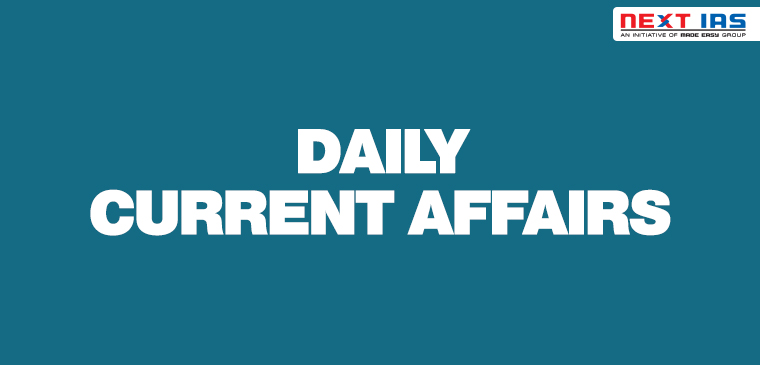
Facts in News |
|
Article 224A of the Constitution |
|
Codex Alimentarius Commission (CAC) |
|
Council of the European Union |
European Union
Image Courtesy: Europedirect |
Gender Samvaad Event |
Deen Dayal Antyodaya Yojana – National Livelihoods Mission (DAY-NRLM)
Initiative for What Works to Advance Women and Girls in the Economy (IWWAGE)
|
Previous article
National Civil Services Day
Next article
Facts in News
